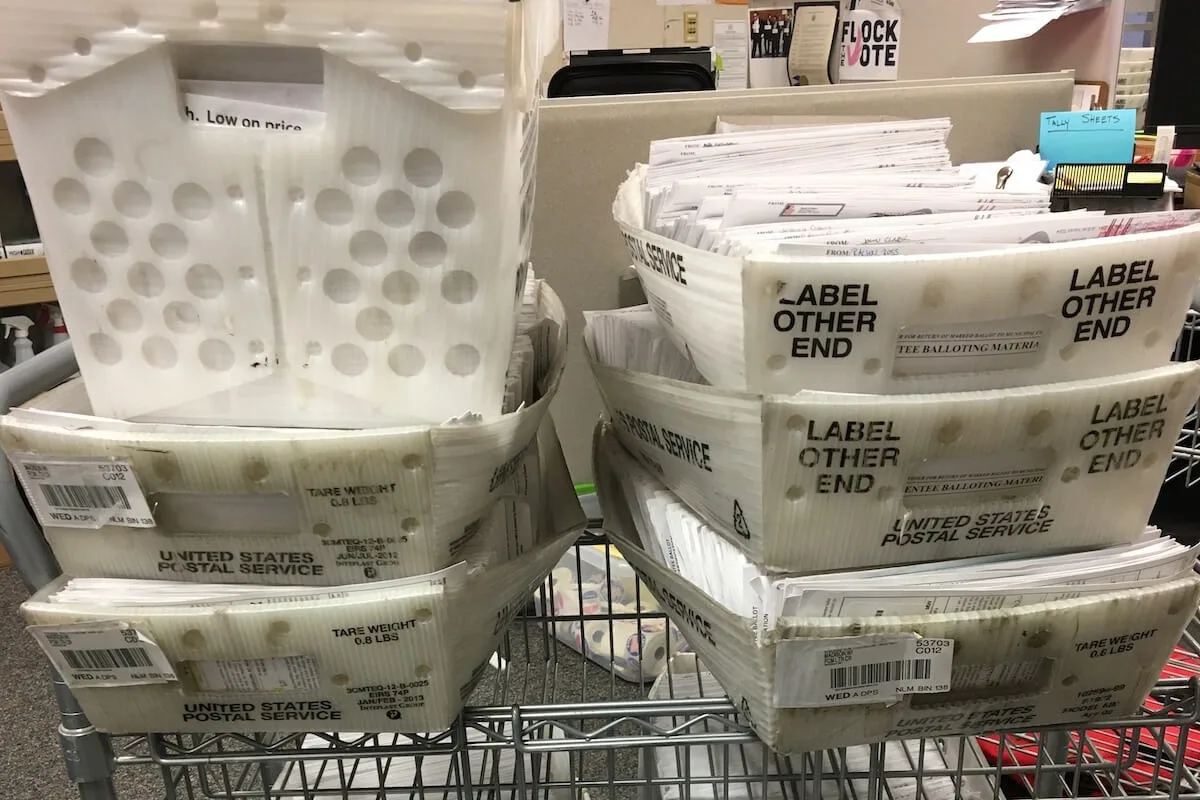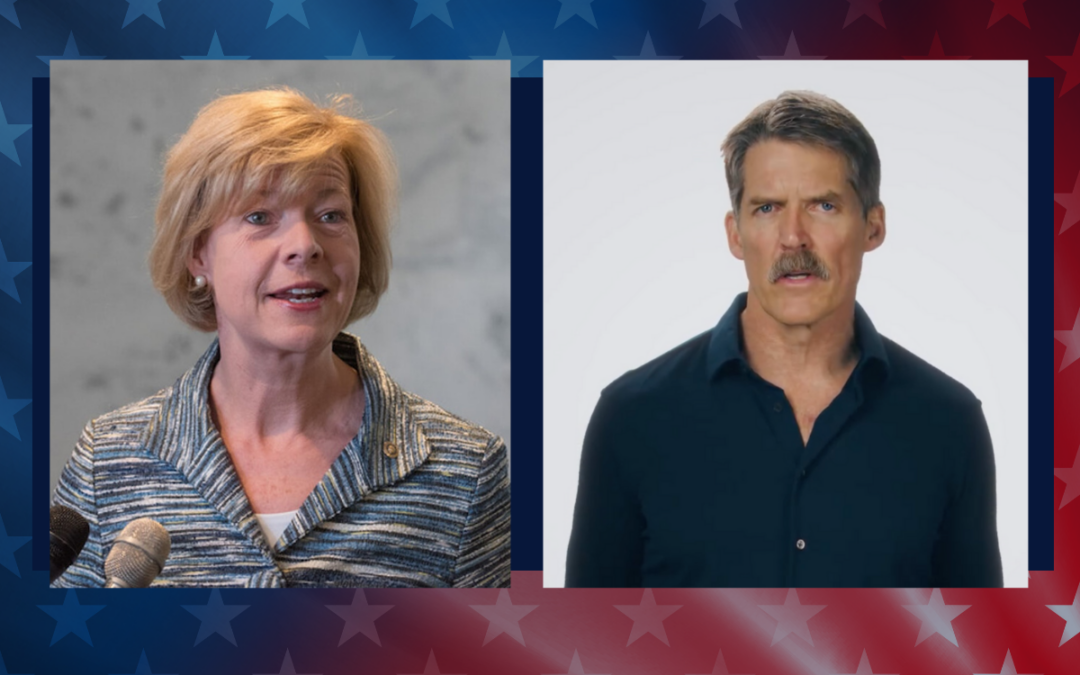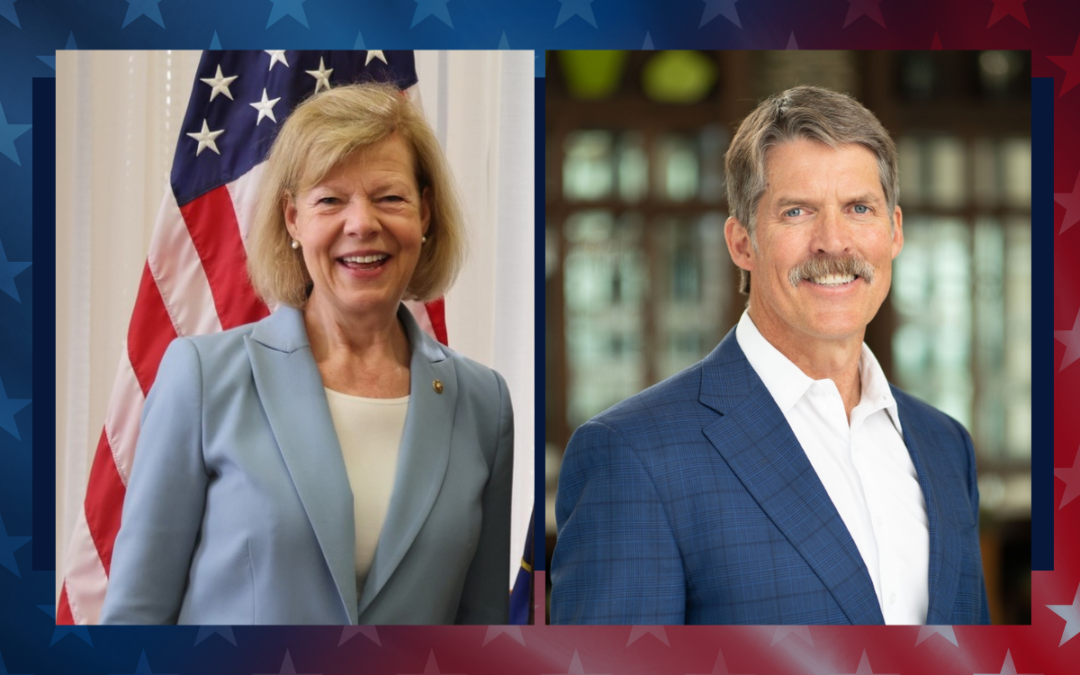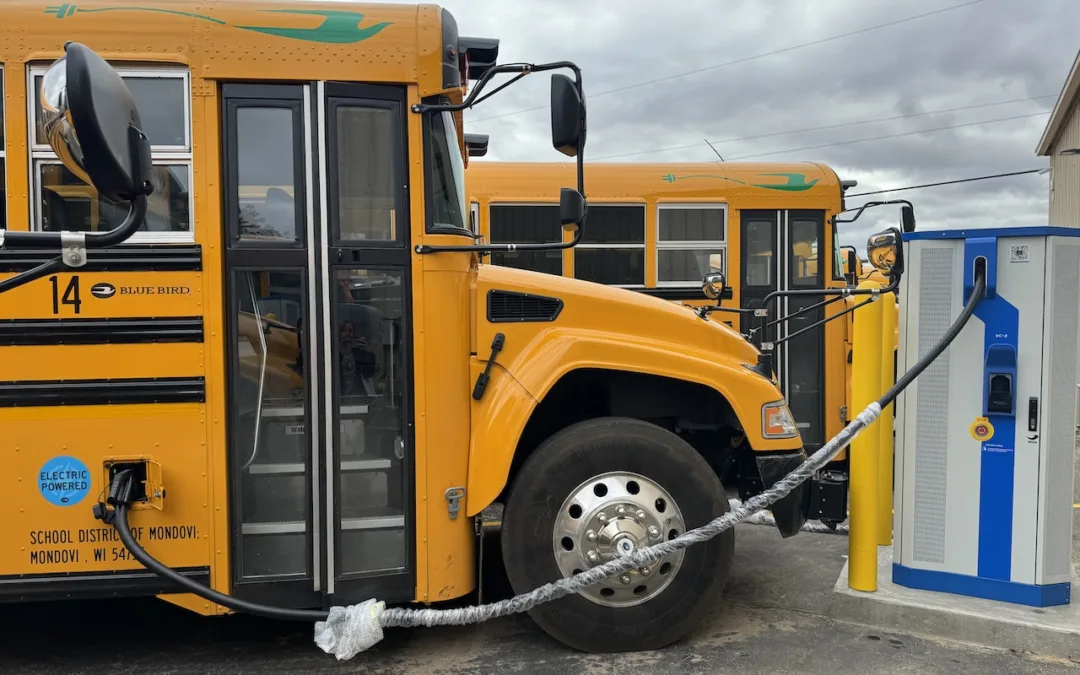
#image_title
#image_title
Tagged as “the party that’s against voting,” even after controlling election rules for a decade.
Is it unlikely that the legislative Republicans’ slew of bills that would restrict voter access and impose mandates on municipal clerks would become state law. Gov. Tony Evers has publicly stated that he would not approve any bills that would limit voter access, and he included a provision to expand early voting in his budget proposal.
The very introduction of such a partisan attack on voting access and assistance has legislative Democrats talking about what the bills say about their colleagues across the aisle and their priorities.
Sen. Kelda Roys (D-Madison) tweeted when Sens. Duey Stroebel and Alberta Darling distributed their bills for co sponsorship that they were, “admitting that they don’t believe in democracy, just further rigging the game for themselves.”
“It’s very disappointing to see that the Republicans are continuing their multi-decade effort to make it harder for Americans to vote,” Roys told UpNorth News. “They understand that they can’t win elections based on their ideas. The people are not with them. They can only win by trying to game the system through gerrymandering, through outrageous campaign finance changes, and through making it harder to vote.”
She also found it ironic that the party complaining about the election is the same that has been in charge of the Legislature for a decade, able to write Wisconsin’s current election laws. They also killed the nonpartisan Government Accountability Board and replaced it with the Wisconsin Elections Commission that has a built-in gridlock of three Republicans and three Democrats.
“They created the system and now they’re trying to nitpick because they just didn’t like the fact that they lost an election,” Roys said. “It’s very undemocratic.”
The first “sham” hearing
Minority Caucus Chair Rep. Mark Spreitzer (D-Beloit) took issue with the claims the GOP bills were intended to make elections more secure, when it was Republicans who have been touting the false narrative of widespread corruption.
“Voters don’t have confidence in our elections because their elected officials have, in too many cases, told them that they shouldn’t, have told them lies and spread conspiracy theories,” Spreitzer said. “Even if these bills don’t pass, the rhetoric around the idea that our election officials are not trustworthy, when all of the evidence says that they are, it’s really unfair to our clerks and our poll workers who ran amazingly safe and secure elections during a global pandemic.”
Spreitzer was not surprised when he read the bills.. The Joint Committee on Campaigns and Elections held a hearing on Dec. 11, supposedly to investigate the Nov. 3 election, even though all evidence found by the campaigns, the Wisconsin Elections Commission, clerks, poll workers and courts have indicated the election was fair and well-run.
“There really wasn’t anything to investigate, and that investigation did not find anything,” Spreitzer said. “It was really about fanning the flames of conspiracy theories.”
Spreitzer and most of his colleagues on the committee walked out, calling the December hearing a sham.
“We said at the time that the hearing was probably laying the groundwork for legislation to restrict voting access,” Spreitzer said. “And now we have that legislation, so I’m not surprised.”
Another committee hearing, scheduled for Wednesday, limited to invited speakers only, is similarly being blasted as a way to perpetuate what Democrats since November have labeled “The Big Lie.”
Who would be hurt
The provisions that most outraged Democrats would have limited the ability of people to procure and return an absentee ballot and ensure the ballot would be counted.
When it came to the provision that would limit municipalities to one dropbox, Roys pulled no punches.
“This is a bill that is racist in intent and in effect,” Roys said. “We know that people of color are most likely to live in more urban areas in Wisconsin. And when you have big cities that can only have one point of collection, even if they have 400,000 residents, that’s going to have a disparate impact.”
Spreitzer said while multiple dropboxes are obvious in cities like Milwaukee and Madison, he could see why multiple dropboxes would be great for smaller cities like Beloit.
“It would be great to have a dropbox on both sides of town that people can easily get to without necessarily having to drive,” he said.
If Republicans were concerned about the security of those dropboxes, Spreitzer said he could understand requiring certain materials or locks, placing them under video surveillance or placing them outside libraries, police stations, or fire departments where security cameras are already installed.
“There’s no reason to limit dropboxes to one per municipality,” he said. “I think it is really just a blatant attempt to make it less likely that people successfully return their ballots by the deadline.”
He also didn’t understand all the complaints and accusations from conservatives about Madison’s “Democracy in the Park” event last fall. Poll workers wearing yellow vests were stationed at parks around the city to answer questions, witness and collect absentee ballots. Roys and her husband returned their ballots at the event.
“Because I was on the ballot and so I was not able to witness his signature and he needed someone to do that and it was pandemic, so we weren’t going to go into somebody’s house,” Roys said. “It was just a wonderful, creative way to help make it easier for people to vote. And frankly, that’s what we should be doing. Everybody should be able to exercise their freedom to vote.”
Rep. Jodi Emerson (D-Eau Claire) pointed out that, with these initiatives to make returning ballots easier, ”if you already have your ballot, like you’ve had to jump through several hoops to get it,” including Wisconsin’s voter ID laws. Emerson pointed out that for people who do not drive and rely on public transit, going to the Department of Motor Vehicles to obtain a proper form of identification can be a hassle.
“Maybe the DMV isn’t on the bus line, maybe it’s not on the public transportation line. So then you have to pay for maybe an Uber or something like that, or a taxi, or you have to ask one of your friends or relatives to give you a ride out there,” she said. “It makes it harder and harder. It’s something that for some people is just like, ‘Oh, well, it’s your driver’s license. Everybody’s got a driver’s license.’ Well, everybody does not have to have a driver’s license.”
That’s another reason why Roys said the bill requiring indefinitely confined voters to provide voter ID, prove through a doctor’s note that they are indefinitely confined, and reapply for their status every two years is “totally outrageous and immoral.”
“This one really makes me furious because you think about how challenging it already is to vote and if you’re a person who has limited mobility or you suffer from a disability, and you’ve already got so many hurdles before you, and now the state is going to change, again, a longstanding rule that’s been in place for a long, long time,” Roys said. “This is basically just punishing a group of voters that already has extraordinary efforts that they need to take to be able to exercise the right to vote.”
Having multiple avenues for returning a ballot benefits everyone, Spreitzer said because, “the more people who spread out their voting experience, the shorter the lines are on election day for the people who do want to vote that way.”
Broadly speaking, the Democrat’s platform is to expand the right to vote so more people can participate in democracy, which Roys said is different from the other side of the aisle.
“Republicans have made their political party the party that’s against voting,” she said.
Politics

What’s the difference between Eric Hovde and Sen. Tammy Baldwin on the issues?
The Democratic incumbent will point to specific accomplishments while the Republican challenger will outline general concerns he would address....

Who Is Tammy Baldwin?
Getting to know the contenders for this November’s US Senate election. [Editor’s Note: Part of a series that profiles the candidates and issues in...
Local News

Stop and smell these native Wisconsin flowers this Earth Day
Spring has sprung — and here in Wisconsin, the signs are everywhere! From warmer weather and longer days to birds returning to your backyard trees....

Your guide to the 2024 Blue Ox Music Festival in Eau Claire
Eau Claire and art go hand in hand. The city is home to a multitude of sculptures, murals, and music events — including several annual showcases,...


